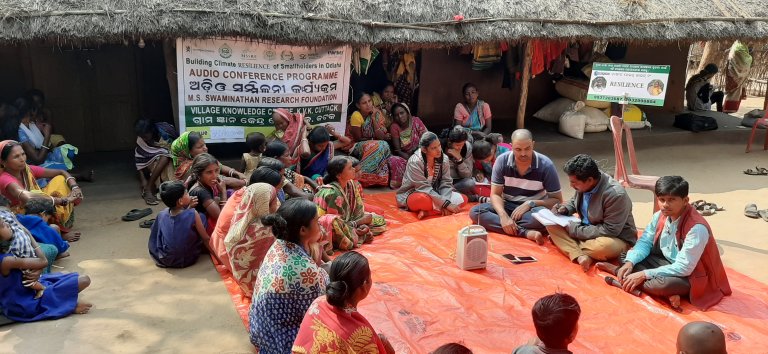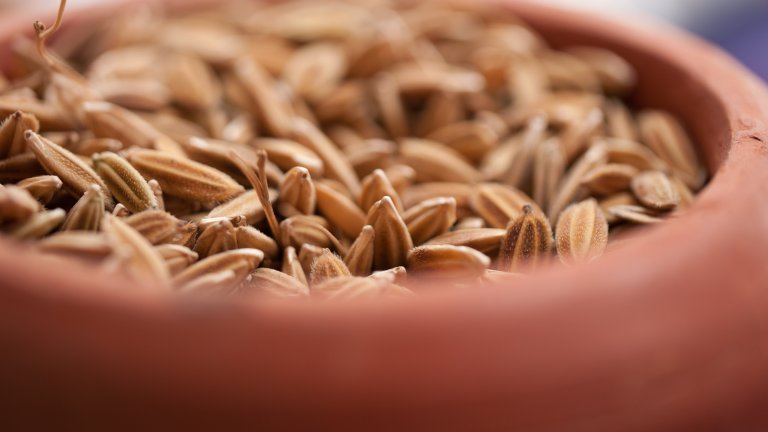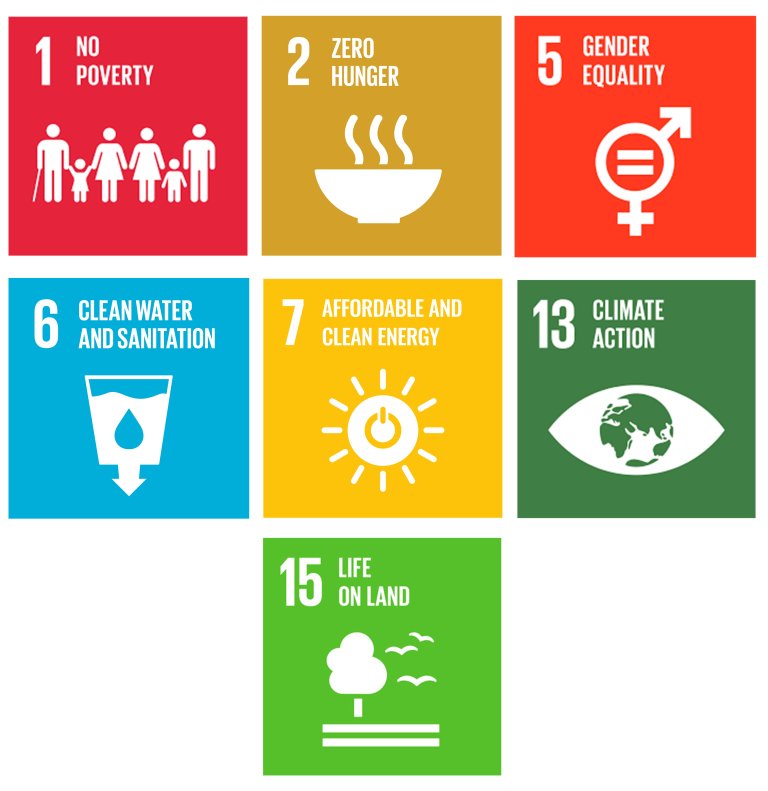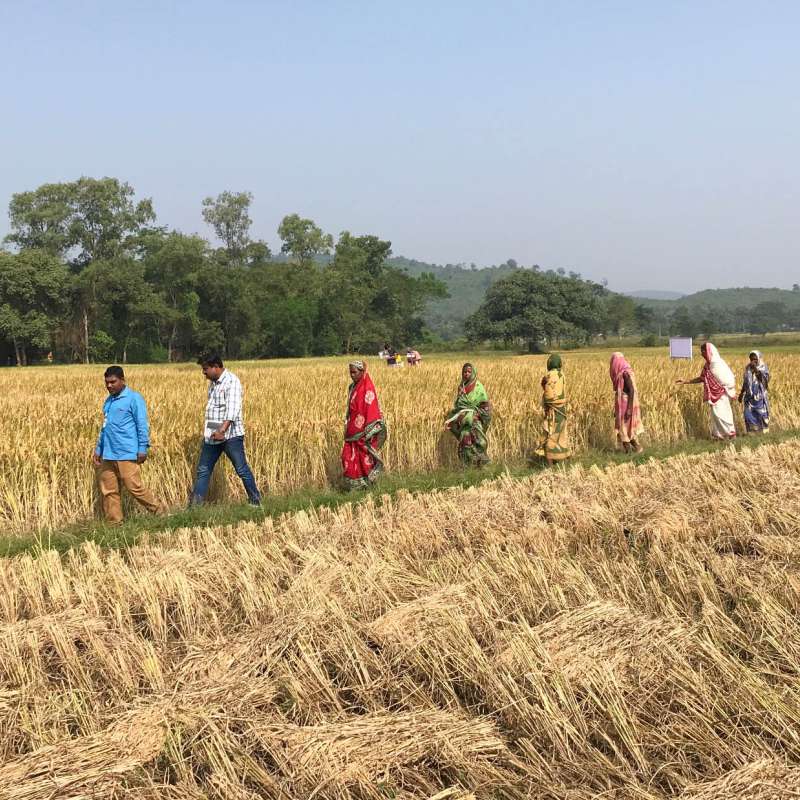
NIBIO’s activities in South and South-East Asia
Overall goal: Strengthen adaptive capacities to the impacts of climate change, with emphasis on water, agriculture, food and nutrition security and livelihoods. Develop local, regional and national competence and ownership, through active participation of stakeholders in the design, implementation, and management of adaptation strategies.
Thematic areas in focus
-
Climate adaptation and mitigation
-
Climate smart agriculture systems
-
Food and nutrition security
-
Water resources management
-
Stakeholder participation and knowledge exchange
-
Value chain analysis

Projects in India
Since 2008, NIBIO has been actively involved in climate change, agriculture, food security and water projects in India. The goal is to produce more and sustainable food with smart use of water in order to create agricultural systems that are climate resilient. NIBIO takes a science-stakeholders-policy approach by involving i.e. farmers and farmers associations, universities and research institutes, SME’s, local and regional authorities and NGO’s.
At a local level, the establishment of ICT based Village Knowledge Centres has been successful in several projects in India, reaching farmers and creating platforms for knowledge exchange.

The projects in question have also put particular emphasis on dissemination and upholding close dialogue with relevant stakeholders and policy makers at a local, regional and national level. The link between science, stakeholders and policy makers has been key to success.
Through the multidisciplinary ClimaAdapt project, 90,000 Indian smallholders now have access to extensive knowledge on how they can adapt their agricultural practises to a changing climate.
The current Upscale project is based on many years of experience from similar projects in India, Vietnam, the Philippines, Thailand, Sri Lanka and Bangladesh. In short, Upscale aims to enhance value chains for small-scale food producers, promote climate-resilient food production, develop digital AI-based tools to improve weather forecasting services, and empower women and youth.

Climate- Smart Rice in Myanmar – a two year cooperation initiative between UNEP and NIBIO (2020- 2021)- funded by UNEP.
Objective of the project: Conducting stocktaking and analyse the use of climate smart agriculture - related technologies (including SRP Standard) by farmers – analysing what Climate Smart Agriculture technologies to be prioritized for each of the three geographical areas.
Besides it will also identify and support in the relevant capacity building needs of agronomists and agro-technicians as well as public extension services (Department of Agriculture and State Agricultural Institute) to interact with farmers and to deliver technical services to farmers; and NIBIO will identify potential linkages for possible south – south exchanges with neighbouring countries where climate - smart agriculture - rice technology and practices are successfully adopted by farmers.
Possible new collaboration in Myanmar and Indonesia
NIBIO is in discussion with the World Resources Institute, Washington, to initiate a collaboration in Indonesia on climate smart agriculture and capacity building of local institutions.
Similarly, in Myanmar, a new proposal note has been submitted (to Kunnskapsbanken/NORAD) for capacity building of government institutions on climate smart rice technologies and use of digital tools.


